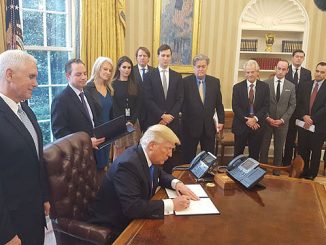The question is; “how did it do?” Past tense. Here’s CNBC:
The Federal Reserve’s latest easing program may be nicknamed “QE Infinity” on Wall Street, but it’s having a very limited effect on the markets and economy so far.
Stocks have been flat to slightly lower since the central bank announced the third round of its quantitative easing program — QE3 — while economists remain pessimistic that it will achieve its stated goal of bringing down the unemployment rate.
I knew this would happen. QE3 raised stock prices by about 2%. That’s not very much. Even the roughly 5% rise that might be attributable to rumors of QE3 is not all that much. The article incorrectly claims stocks have fallen since QE3. I suppose that’s true if you start the clock from the day after QE3 was announced, but why would you do that? Stocks are up 1% from the day before the announcement. Standard finance theory suggests that the only response that matters is the movement of stocks in reaction to the announcement, perhaps including rumors of the announcement.
I can’t say I’m surprised the press looks at things backward. It’s been obvious for quite some time that both the media and the economics profession reject the EMH. There’s that fascination with the predictions of pundits. The hero worship of those forecasters who have been successful, just as skilled roulette players are lauded in Vegas. “Pundit X saw the crisis coming way back in 2003!” People are watching carefully to see how stocks move over time, in the belief that it will reveal some sort of hidden message about the effectiveness of QE3
It’s the world we live in. But the truth is there there’s nothing to see here folks, just move right along. The QE3 did a little bit of good, but not enough to spur a rapid recovery. If you want more (and I do) then we need to press for NGDPLT.
- Bulenox: Get 45% to 91% OFF ... Use Discount Code: UNO
- Risk Our Money Not Yours | Get 50% to 90% OFF ... Use Discount Code: MMBVBKSM
Disclaimer: This page contains affiliate links. If you choose to make a purchase after clicking a link, we may receive a commission at no additional cost to you. Thank you for your support!




Leave a Reply